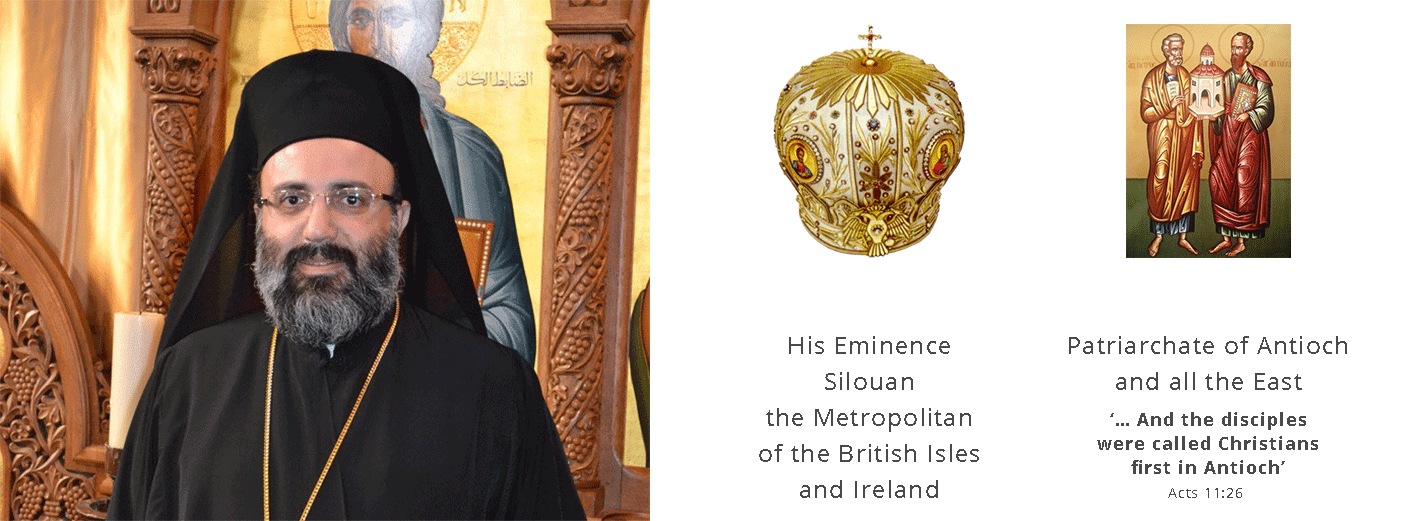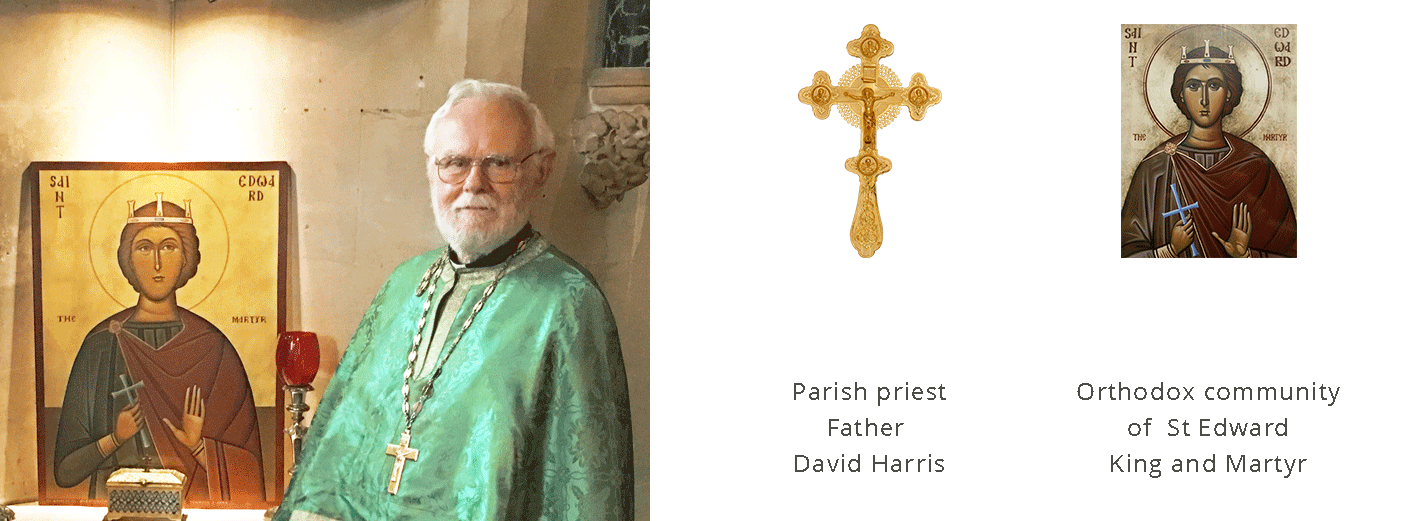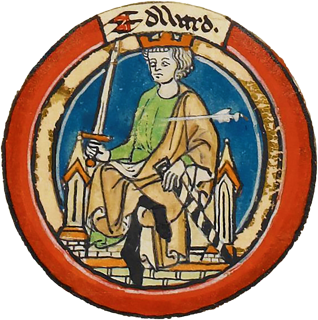What is Orthodox Christian Church?
The Orthodox Church is the Church founded by Jesus Christ and described throughout the New Testament. All other Christian Churches and sects can be traced back historically to it. The word Orthodox literally means “straight teaching” or “straight worship,” being derived from two Greek words: orthos, “straight,” and doxa, “teaching” or “worship.” As the encroachments of false teaching and division multiplied in early Christian times, threatening to obscure the identity and purity of the Church, the term “Orthodox” quite logically came to be applied to it. The Orthodox Church carefully guards the truth against all error and schism, both to protect its flock and to glorify Christ, whose Body the Church is.
The Orthodox Christian Church is one of the three main Christian groups (the others being Roman Catholic and Protestant). Around 200 million people follow the Orthodox tradition.
Orthodox Church is decentralised. Each Church has its own geographical (rather than a national) title that usually reflects the cultural traditions of its believers.
Unlike Catholics or Anglicans the head of Orthodox Christian Church is immediately God in a form of Holy Trinity. The history of Orthodox Church tradition is traced back to Jesus Christ and the Apostles. The Apostles appointed successors, known as Bishops, and they in turn appointed other Bishops in a process known as Apostolic succession.
The doctrine of the Christian Church was established over the centuries at Councils dating from as early as 325CE where the leaders from all the Christian communities were represented. The Orthodox Church recognizes the authority of the Councils of Nicea 325 CE, Constantinople I (381), Ephesus (431) Chalcedon (451) Constantinople II (553), Constantinople III (680) and Nicaea II (787).
Although initially the Eastern and Western Christians shared the same faith, the Roman tradition split over the conflict in the so-called Great Schism in 1054. In particular this happened over the papal claim to supreme authority and the doctrine of the Holy Spirit. The break became final after the assault and seizure of Constantinople in 1204 during the bloody (Western Christian) Fourth Crusade.
Eventually, while the Orthodox Churches maintained the principle that the Church should keep to the local language of the community, Latin became the language of the Roman Church.
Until the schism the five great patriarchal sees were Rome, Constantinople, Alexandria, Antioch and Jerusalem. After the break the Rome Orthodoxy became ‘Roman Catholic’.
By maintaining the purity of the inherited teachings of the Apostles, believers are made more aware of the inspiration of the Holy Spirit being present both in history and at the present day.
An astonishing number of religious groups today claim to be the successors of the early Church. A “yardstick for truth” is needed by which to compare what the Church originally believed and practiced with what these groups proclaim. Certainly we all have the God-given right to believe whatever we desire and to participate in whatever religious association we choose. But it is also just good sense to be acquainted with the options before we make our final choices.
It is our hope this material will help introduce readers to the Christianity espoused by the Apostles of Jesus Christ and instituted by them. This is the yardstick for truth by which our choices in regard to Christianity need to be evaluated.
Source: Theoria


